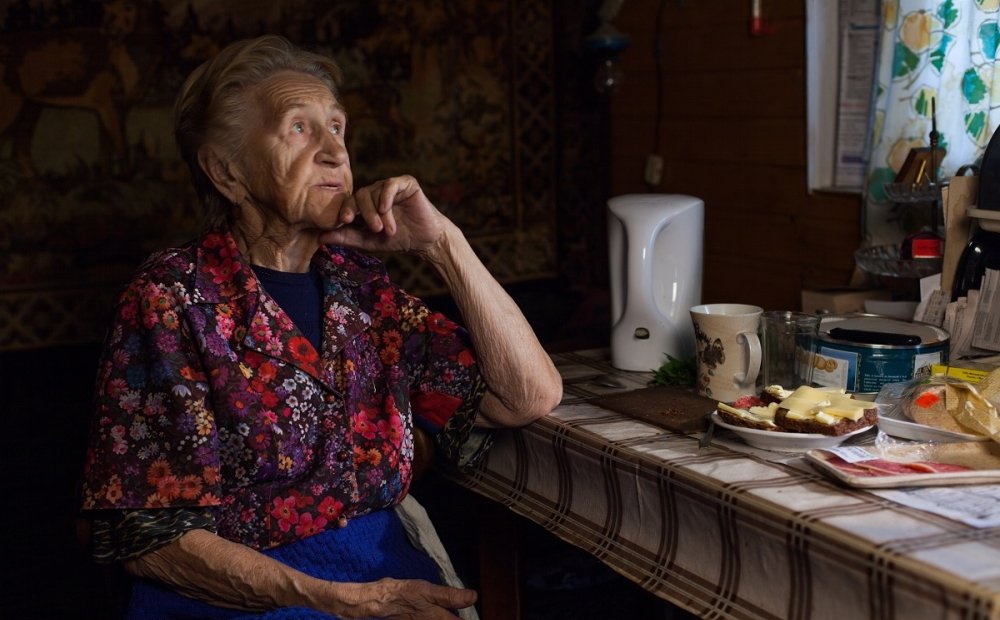Film Screening and Discussion: Women of the Gulag

Shortlisted for an Academy Award in the documentary category, “Women of the Gulag” tells the compelling and tragic stories of six women—possibly, the last survivors—who found themselves caught up in Stalin’s massive slave labor machine. Through first-person accounts, the film captures the horror of exile and the power of the will to survive, while bringing to the fore the voices and experiences of Gulag’s female victims. The screening was followed by a discussion with filmmaker Marianna Yarovskaya and former Galina Starovoitova Fellow Elena Racheva.
Due to technical difficulties, some of the audio may be cut. We apologize for this inconvenience.
Selected Quotes
Marianna Yarovskaya
“I have been a researcher on maybe 100 movies, including 3 academy award winning ones, so I know my archives. But when we worked on this film, we were in a complete archival desert—unlike Nazi criminals who documented their crimes for posterity. In the GULAG, whatever [footage and photography] was taken was later on meticulously destroyed or hidden.”
“The common knowledge is that the GULAG camps were mostly in Siberia in the snow, but that’s statistically not true. There were many more camps in the European part of Russia than in the Asian part of Russia. There was even a camp in the Moscow State University building between the 10th and 11th floor.”
“When you came back from the camps, you couldn’t get employment, you couldn’t get integrated into society, sometimes even your own children wouldn’t accept you. You had to get a letter of rehabilitation […] Fyokla [one of the women featured in the film] who got her PhD and wrote two books about this spent 10 years typing 500 letters of rehabilitation manually to officials in order to rehabilitate her fellow village residents. ”
Izabella Tabarovsky
“One of the things that we all suffer from [in our understanding of the Gulags] is a lack of information. Where were the prisoners? What was it like there? What were their surroundings like? What did it look like, where they lived and died? […] It’s very helpful to just visualize it and think, it may have looked like what you showed in your film.”
“What the country [Russia] really needs, more than a museum, is a conversation about the repressions so everyone can work out and understand what happened. But, unfortunately, that has not happened for a while.”
Speakers

PhD Candidate, University of Oxford
Hosted By

Kennan Institute
The Kennan Institute is the premier US center for advanced research on Eurasia and the oldest and largest regional program at the Woodrow Wilson International Center for Scholars. The Kennan Institute is committed to improving American understanding of Russia, Ukraine, Central Asia, the South Caucasus, and the surrounding region through research and exchange. Read more
